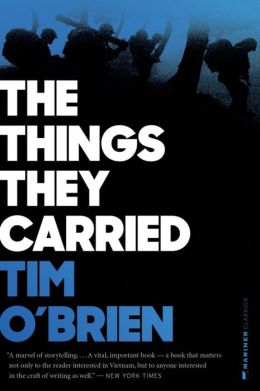I am supposed be writing.
Maybe you are too.
I have several deadlines.
Approaching fast.
But... I am reading email, researching new books on Amazon, buying new books on Amazon, getting caught up searching for something on Google... talking..... reading more emails, playing spider solitaire, jotting down ideas for new blog posts, looking at more books on Amazon....talking..... looking on Google for what I was talking about.....
I am not writing.
At least not what I am supposed to be writing.
Those deadlined items.
I can organize, plan, and prepare for upcoming events, presentations or whatever, making that take the better part of a day.
And at the end of the day, I bemoan the fact that I have not done any of the work I really needed to get done.
Tomorrow
Tomorrow, I say.
I am a procrastinator.
I have elevated procrastination to a high art.
But, the one good thing about my putting off until tomorrow what can be done today is that I surprisingly I get many other things accomplished that don' t relate to the impending tasks.
I can get an entire workshop planned while I am supposed to be writing an article.
I can answer the monumental backlog of emails and completely clear my inbox while I am supposed to be working on my blog.
I might complete the plans for the adult Bible study class I teach at my church while I am supposed to be writing my column for the church newsletter.
So... tomorrow--I will get to the items after while in the above sentences --those things I am supposed to be doing.
Maybe
Because of these doing-while-I am-supposed-to-be-doing-something-else habits, however, most folks think I am highly organized and efficient. And I guess I actually am, but that organization and efficiency in action does not look like people making this assessment might think?
Can I find my work and other materials easily?
Yes.
Do I complete all that I need to do?
Yes.
Do I make my deadlines?
Yes.
Is there any evidence of my procrastination if you are looking for it?
Not unless I tell you about it.
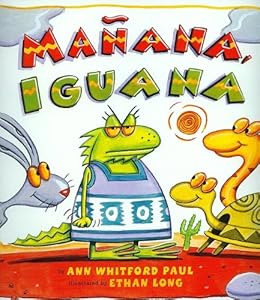 Culebra or Snake, one of the characters in Manana, Iguana by Ann Whitford Paul has also elevated procrastination to a fine art.
Culebra or Snake, one of the characters in Manana, Iguana by Ann Whitford Paul has also elevated procrastination to a fine art. In this delightful variation of the Little Red Hen, Iguana is planning a party and wants help, but her friends all have excuses for not helping, including Culebra , who tells her he will help manana, if he grows arms.
Manana.
What can I do about procrastination?
There are tons of self-help books designed to help me, and maybe you too, eradicate the procrastination habit.
But when would I read them?
After reading the email and playing spider solitaire, after jotting down new poem ideas, after.....
Manana?
This procrastination habit plagues everybody.
For upper elementary and middle school students looking to kick the habit, they may find the key in See You Later, Procrastinator by Pamela Espeland and Elizabeth Verdick. Reasons for procrastination and types of procrastinators are examined, as well as some procrastination busters and helpful strategies to combat the urge to put things off until later.
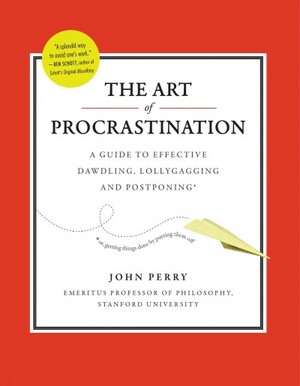 In The Art of Procrastination: A Guide to Effective Dawdling, Lollygagging, and Postponing, John Perry perfectly describes my personal style of putting things off as structured procrastination:
In The Art of Procrastination: A Guide to Effective Dawdling, Lollygagging, and Postponing, John Perry perfectly describes my personal style of putting things off as structured procrastination:On the whole, I had a reputation as a person who got a lot done and made a reasonable contribution to Stanford University, where I worked, and to the discipline of philosophy, which is what I work on. A paradox. Rather than getting to work on my important projects, I began to think about this conundrum. I realized that I was what I call a structured procrastinator: a person who gets a lot done by not doing other things.
Click here to read or hear an NPR interview with Perry, as well as read an excerpt from his book.
What do you put off until tomorrow?
How do you procrastinate?
Today's Deeper Reading Possibilities
In what ways do you procrastinate? How would you characterize your style of procrastination?
How does this habit affect your life and work?
If you do not procrastinate, reflect on a friend or family member who has this habit.
How does this habit affect their life?
Write a personal narrative or essay about the many ways to procrastinate and how this habit affects your life and the lives of others.
How does this habit affect your life and work?
If you do not procrastinate, reflect on a friend or family member who has this habit.
How does this habit affect their life?
Write a personal narrative or essay about the many ways to procrastinate and how this habit affects your life and the lives of others.
.








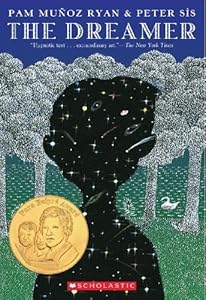

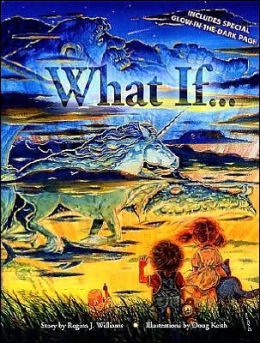
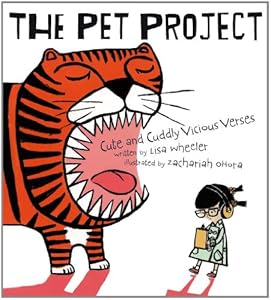

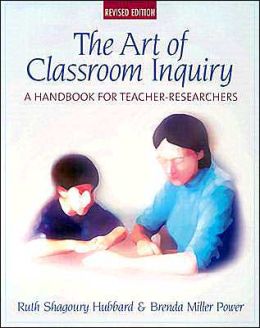







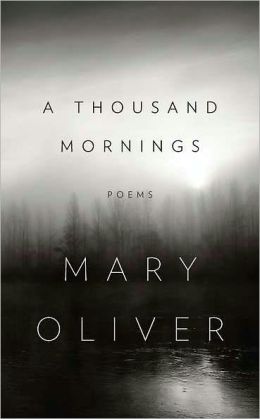

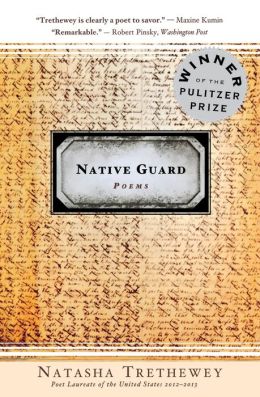
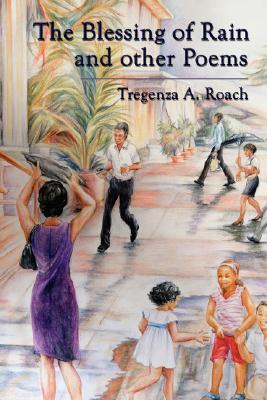

.JPG)
